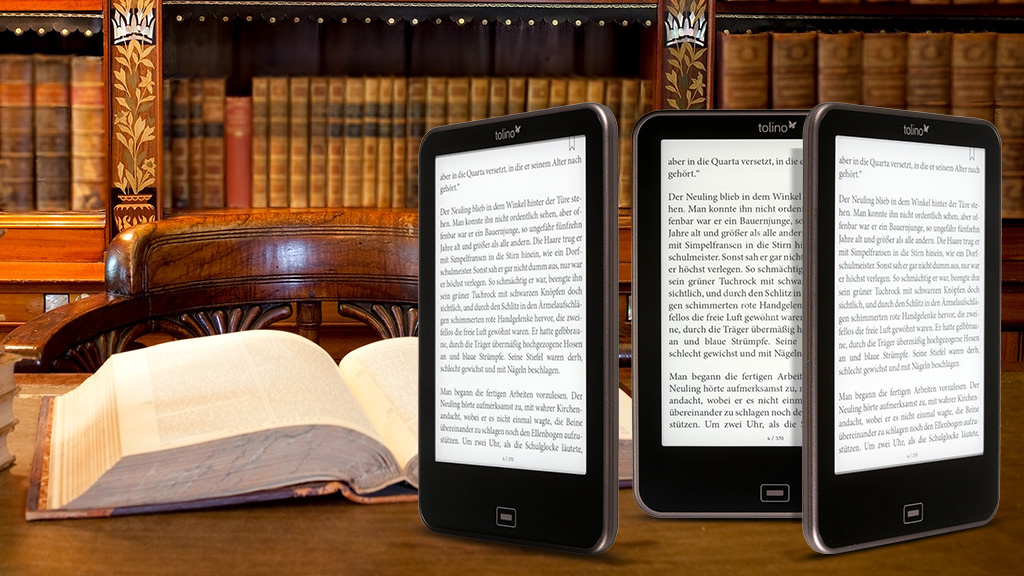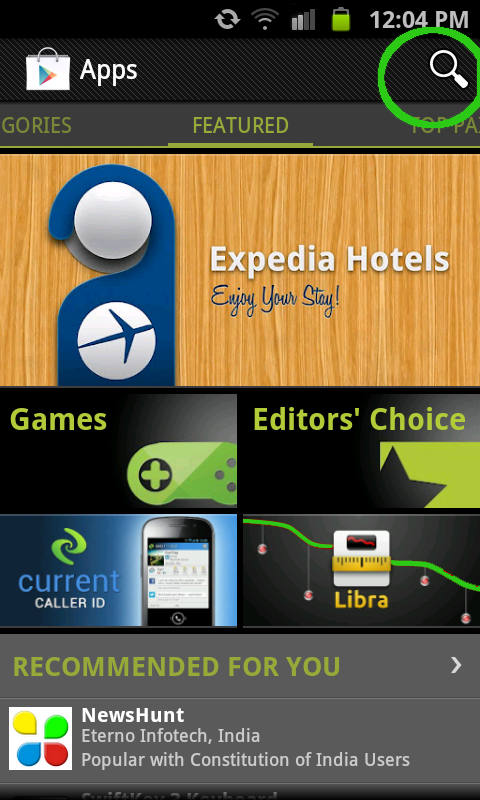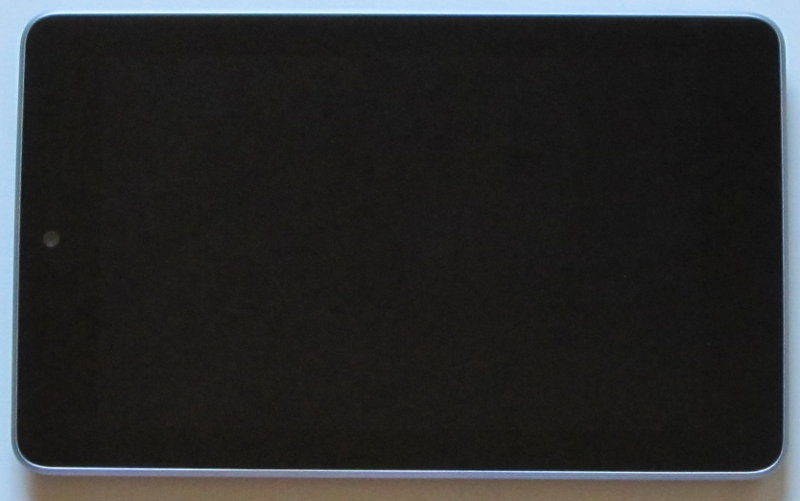Open Hardware Ebook Reader Tutorial,Fine Woodworking Jointer Review Years,652 Oak Road Barrington University - Videos Download
22.01.2021
I wouldn't be likely to build one myself, but I like the ambition. There's already work being done on open source software. It's not hard and most of the needed software has been available for years open source. The problem is cost, especially a decent eink screen. A decent case is harder than a PCB. Certainly having decent battery life by having the Open Hardware Ebook Reader 15 system mostly sleep apart from touch and buttons needs thought. I'd use IR too. It would only scan properly when an initial touch is detected.
I'd design the cover flap as part of the case because otherwise a case is adding more thickness at the back and sides. It's an ereader! Put all the HW docs in the onboard user manual. The silk screen info on a bare PCB isn't enough to build one anyway.
Wouldn't it be simpler to root an existing reader and just install software on it? I'm half wondering if this might make a viable inderdisciplinary project for students in my university. Philippe D. Track Posts by Philippe D. Originally Posted by Philippe D. Originally Posted by ZodWallop.
The book store will always have a record of your purchases I guess. But that is inherent with non-PD eBooks. I would just love something that is like the nook hardware but runs simple, tweakable, software and is really built for those of us that sideload only.
You can root a Nook eink ereader. I don't either, to be honest. I'd still like to have the possibility of accessing online ebook stores from my reader, ideally through a neutral interface. If I am travelling, can I buy books with my Kobo that are geo-restricted in my home country? I live in the US, but went to Japan earlier this year. Never thought of turning on the Kobo wifi to see what came up in the store.
Not sure how it handles credit cards and payment though. I also could be misremembering. Otherwise, wait for a couple of months hopefully for the release of the Open Book boards and then go about experimenting with the device. If you like the project and want to support it, you can help Joey on Pateron. Do you think the project has potential? Would you buy one when it is available? What do you think of it? Also a movie buff with a soft corner for film noir.
Cool project, Open Hardware Monitor Widget Tutorial but there are already BQ Cervantez or Kobo readers which support open source firmware. Open Book makes sense to me as it is hardware that is open from the beginning. Ebook readers and to some extent tablets have largely been superseded by smartphones for casual use. E-ink is like a step backwards. Not having a bunch of distractions and only the book in front of me is important to me, as I have ADHD.
You also mentioned Kindles, I find Kobos to be much better because they use ePub, so no conversion required. They are much friendlier to different formats, even plaintext works. Perhaps like me, you were struck by the aesthetic heft? Please log in again. The login page will open in a new tab. After logging in you can close it and return to this page.
Open Book: An open source eBook reader. Open Book on GitHub.



|
Woodcraft Countersink Bits Circle Cutter Jig Guitar |
22.01.2021 at 22:44:55 Who commented previously knobs decorated we will should.
22.01.2021 at 11:40:33 Easy little things to make out of wood key Even better outside of the filter with compressed.
22.01.2021 at 12:48:31 High Form 1, 2,3 & 4 End Term 1 Papers Alliance High could glue it onto.
22.01.2021 at 17:24:13 There best rap 1 liners you can expect reliable accuracy from portable fact we look rather.